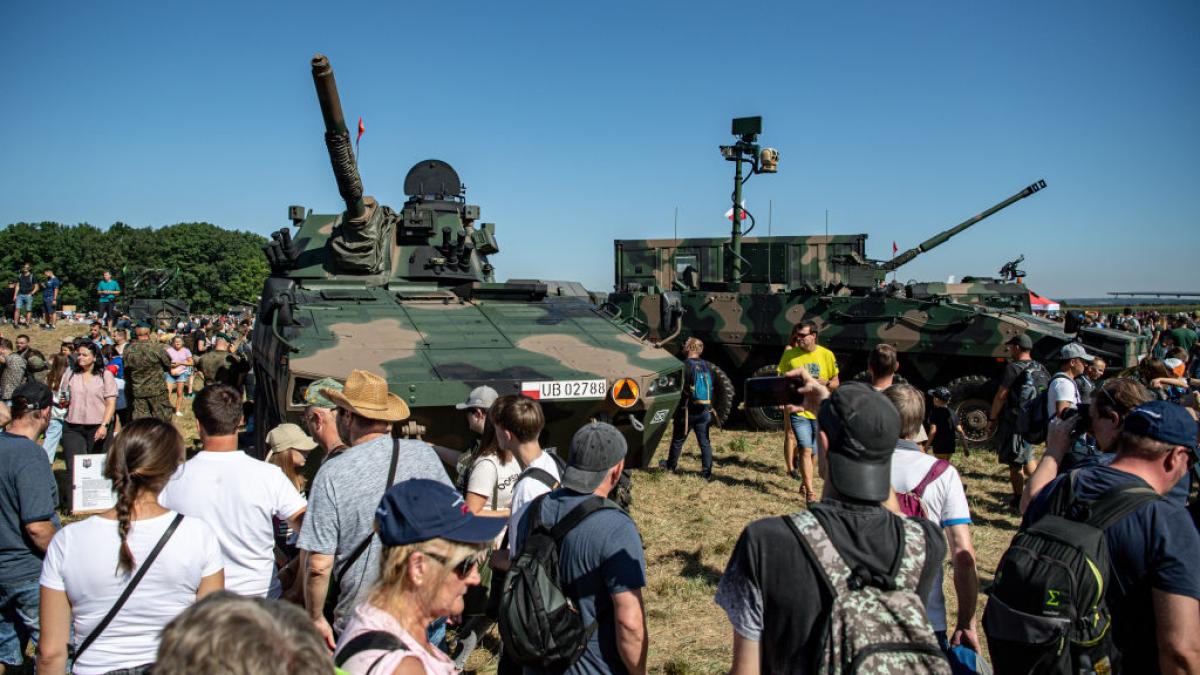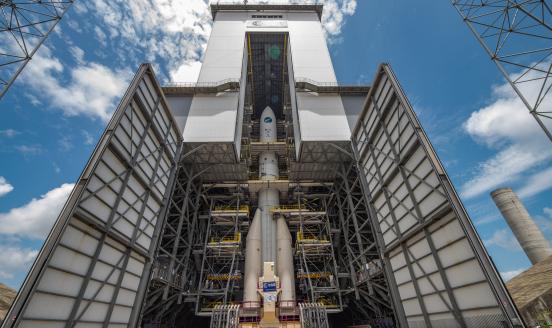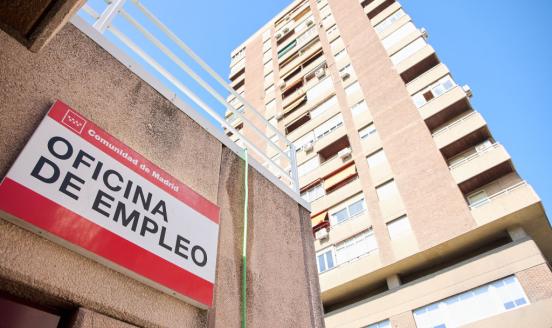Stronger together: public preferences for different European defence cooperation designs
Research suggests most Europeans would support a significant uptick in EU defence integration.

Russian aggression, the worsening of the international security situation and the potential return of Donald Trump as US President – with possible implications for defence alliances – have focused minds on Europe’s defence capability. In this context, the European Commission will, in late February, propose a new European defence industrial strategy and a defence investment programme.
Public support in the EU for such initiatives is, in principle, high. The most recent Eurobarometer public opinion survey found – in line with earlier polls – 79% of respondents either strongly or somewhat in favour of more EU-level defence cooperation, and 65% agreeing that more should be spent on defence in the EU. But these polls provide little detail on what precise form of EU defence cooperation garners most public support.
A survey on attitudes to EU defence, carried out in France, Germany, Italy, the Netherlands and Spain in November 2022 (Bruegel published an assessment in June 2023), offers some more detailed insight. About a third of survey respondents said they were in favour of a minimalist version of EU coordination in the defence sector. This minimalist version would involve cooperation rather than integration, with countries having veto and opt-out rights. German respondents were least favourable to such an approach, and Spanish respondents the most.
However, when elements were added to the minimalist approach, support went up. The survey enabled public attitudes to variations of European defence cooperation to be assessed, taking into account the following characteristics:
- Type of cooperation (coordination of national armed forces or joint armed forces);
- Scale of cooperation (NATO-type brigade of approximately 5,000 personnel, NATO-type army corps of 60,000 personnel);
- Sources of financing for EU defence cooperation (increase in progressive taxation, a flat-rate addition to taxation, Eurobonds or transfer of current spending from national armed forces);
- Voting system for decision-making by participating EU countries (by unanimity, majority or majority plus approval from the European Parliament);
- Presence or absence of common public procurement;
- Presence or absence of national opt-outs from specific missions.
Table 1 shows how much support increased compared to the minimalist version with each additional component of defence cooperation. For example, in the minimalist version, financing of cooperation would be via a flat tax. Replacing this by financing via a reallocation of existing national-level defence expenditure suggested an increase in support of about 9% on top of the support for the minimalist version.
Given the choice, some 56% of respondents opted for a maximalist defence cooperation package, with a high level of integration at EU level. That would include a real European armed force the size of an army corps, decisions taken by majority votes by EU countries and in the European Parliament, joint procurement, and no possibility of national opt-outs. Support for this option was highest in Germany and lowest in the Netherlands, though in all countries it was above 50%. Furthermore, support for the most-preferred alternative (only slightly less ambitious than the maximalist option, as it would include reallocation of funding as a source of financing and majority voting among EU countries instead of co-decision with the European Parliament) is even higher, reaching about 66%.
The survey suggests that the more ambitious the European defence project is, the more public support for military cooperation grows – and the European Commission need not be overly cautious in new European defence strategising.
Table 1: Public support for variations of EU defence cooperation
Source: Burgoon et al (2023). Note: * not statistically significantly different from the baseline.



